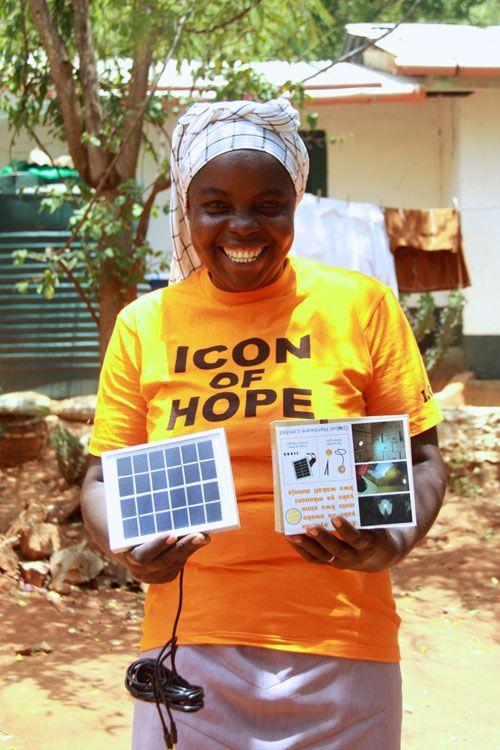
By Jennifer Gurecki
Risk-taking and experimentation are not necessarily terms synonymous with the nonprofit sector. In fact, we normally look toward for-profit entities to take the lead on innovating systems and products, but in the case of financial inclusion for the poor, perhaps it is time to revisit the role of nonprofits. Dean Karlan, in the Fall 2014 issue of the Stanford Social Innovation Review, does just this, illuminating three important functions that nonprofits can serve in the ever-evolving sector of microfinance: serving the unprofitable, building trust and promoting innovation.
At Zawadisha, we are quite familiar with working with people who have been considered too poor and too rural. We have dedicated more time to building relationships with these individuals than we have with developing policies and protocols that inhibit experimentation. We have gained valuable insight from these individuals, resulting in the quick implementation of new products and services that truly meet people’s needs. We have been able to accomplish all of this precisely because we are not a financial institution. We are not bound by top-heavy policies and red-tape that slows down processes and places a heavy emphasis profitability. In this way, we have benefitted from our nonprofit status, allowing us to test different methods of financial inclusion while still working toward achieving a triple-bottom-line approach to poverty reduction.
Microfinance has reached a stage in its lifecycle where it has become more stable as a financial inclusion tool, but with that stability can come stagnation. We believe that there are elements of the sector to be challenged (such as collateral) and new services to be launched (such as eco-loans targeting consumers rather than micro-loans targeting entrepreneurs). As a growing organization, the key to Zawadisha’s development has been creating a culture of inquiry and discovery. We learn by engaging in meaningful dialogue with the women we serve, by carefully observing, and by seeking out current research on the sector. Unlocking this information, implementing the findings and sharing it with others is critically important as we work towards financial inclusion that is pro-poor and pro-woman.
That is why one of our initiatives is a two-week immersion in Kenya for students to learn from and engage in our approach to community-based micro-lending. More than a volunteer abroad experience, their time spent in the field, interacting with our members, collecting and interpreting data, and pairing both with rigorous scholarly inquiry creates a unique learning opportunity that cannot be found in a textbook.
In January 2015, Zawadisha will host a group of Presidio Graduate School students, who are launching an Indiegogo crowdfunding campaign during the month of September to raise money for their trip to Kenya with Zawadisha. Learn more about their trip here and Zawadisha at Zawadisha.org.
Photo provided by Zawadisha
Jennifer Gurecki is the Chief Innovation Officer of Zawadisha, a non-profit social enterprise that provides micro-loans and training for women in Kenya, with a focus on sustainability and resiliency. She also is a PhD student at Prescott College, studying sustainability education.
TriplePundit has published articles from over 1000 contributors. If you'd like to be a guest author, please get in touch!














